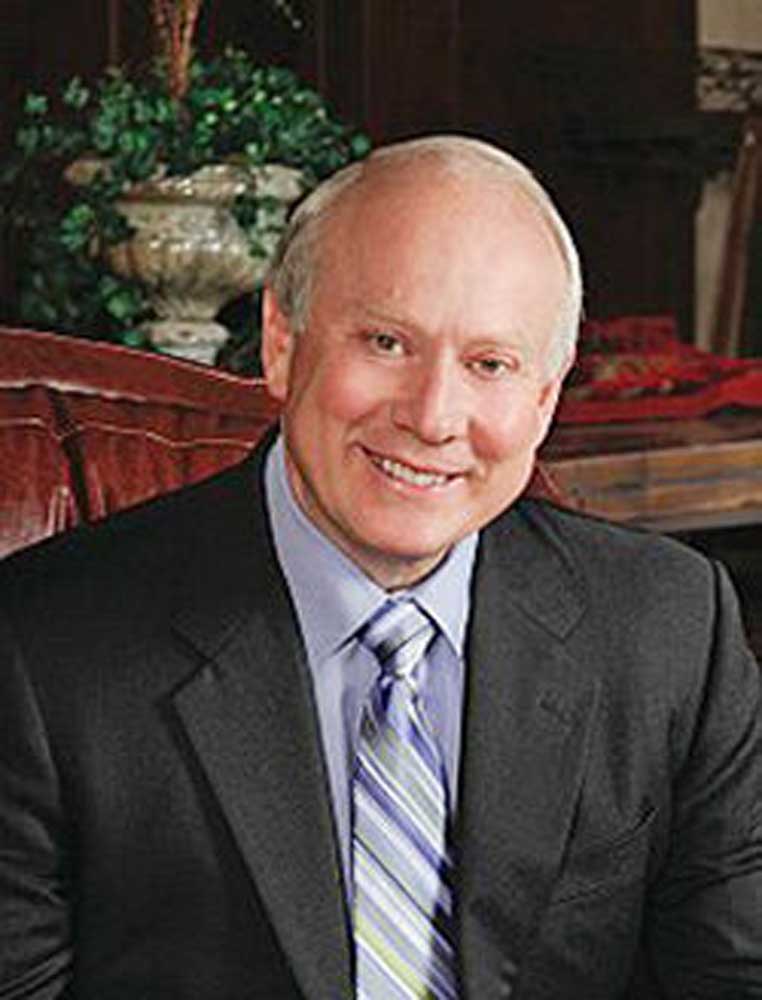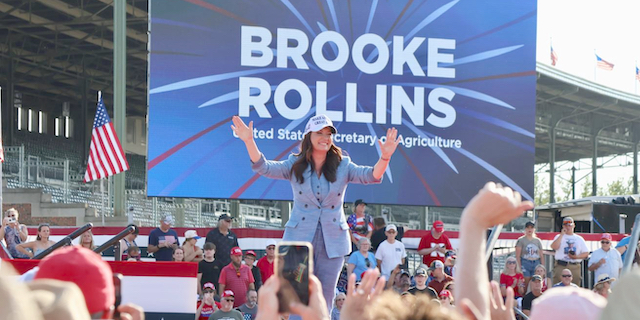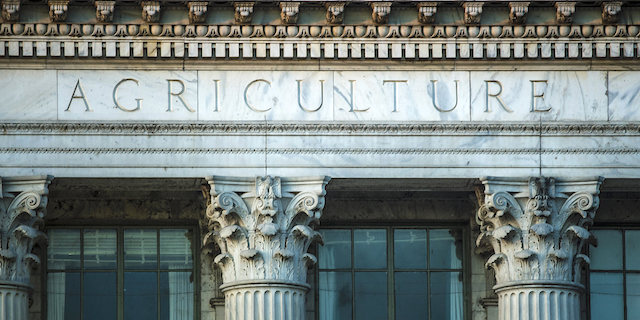Riverbend Ranch: Progressive operation develops high quality cattle
Published 7:30 am Thursday, December 9, 2021

- Frank VanderSloot
IDAHO FALLS — One of the most progressive cattle breeding programs in the U.S. is headquartered near Idaho Falls.
Trending
Riverbend Ranch runs 1,400 registered Angus, plus embryo recipient cows, to produce bulls to sell, and replacement heifers for their registered herd.
The ranch also runs 3,500 to 5,000 commercial cows, and feeds out about 11,000 head each year. The cows run on eight ranches — in Idaho, Utah, Texas, Montana and Hawaii.
Additionally, Riverbend has a 4,000-head grow yard in Dillon, Mont., and a quarter horse breeding program in northern Utah.
Trending
Frank VanderSloot and his wife, Belinda, began putting Riverbend together in 1992. VanderSloot is also well known as the founder of the Melaleuca business empire, which is based in Idaho Falls.
“We started with commercial cattle,” said Frank, “and soon realized there weren’t any major suppliers of bulls in this area — not the kind of bulls we felt were needed. We decided to see if we could fill that niche.”
They went to purebred herds across the nation looking for what they felt were the best cows, he said.
Most of those were not for sale.
“We were able to get some — through dispersals and sometimes through the goodness and generosity of breeders who were willing to share their best genetics with us,” he said. “Anyone can order semen from the best bulls, but you still have to address the other half of the equation. There are a lot of good cows, but only a handful of great cows. It takes great cows to make great bulls.”
They wanted to improve that half of the equation.
“It took 10 years, searching for the best females, before we felt we had what we wanted. This gave us a good start and our program continued to develop,” he said. “We paid a small fortune for some of those cows, but it has paid off. This herd is recognized as one of the best in the nation for producing great bulls.”
They purchase 10,000 to 15,000 calves every year from their bull customers to put in feedlots.
“Our customers know there will be a market for their calves,” he said.
Dale Meek, manager of the purebred operation, said the main focus is raising bulls for commercial cattlemen — with carcass merit and performance, but also excelling in maternal traits so commercial cowmen can improve their herds by keeping daughters.
“We produce bulls that work in this environment in the Intermountain West. Most of the bulls that service our own commercial herd are Riverbend bred,” Meek said. “This gives us a large sampling of offspring to look at, and a good idea what they can do. We can see what’s working and what’s not working.”
VanderSloot said that by utilizing their genetics in the commercial herd, they see firsthand which bulls are doing what — in large numbers.
“We’re not operating on theory; we are operating on experience. We feel it’s our job to produce the best bulls so our customers can thrive and profit,” he said.
Riverbend realizes that one size doesn’t fit all. There is no one type of animal that will fit every operation, so there are different lines within the registered herd.
“The goal is to create lines that produce cattle with balanced traits while excelling in areas where a customer wants focus,” he said.
Ranchers want cattle that are maintenance-free, easy to manage and excelling in traits that are economically important. Riverbend managers listen to their bull customers, plus observing what works in their own commercial herd.
A few years ago, Riverbend started working with selected local small purebred breeders, developing and marketing their bulls for them. These cooperative breeders save development costs, and their bulls gain a much larger audience of buyers.
The goal is to support commercial producers and provide good genetics that are affordable, that will do a good job in all kinds of conditions.
“We used to run cattle on pivot-irrigated pastures near Idaho Falls. But most of our registered cows are now on mountain meadows and in the mountains, next to our commercial cows. If they don’t bring home a calf or don’t produce a calf, they are culled,” Meek said.







